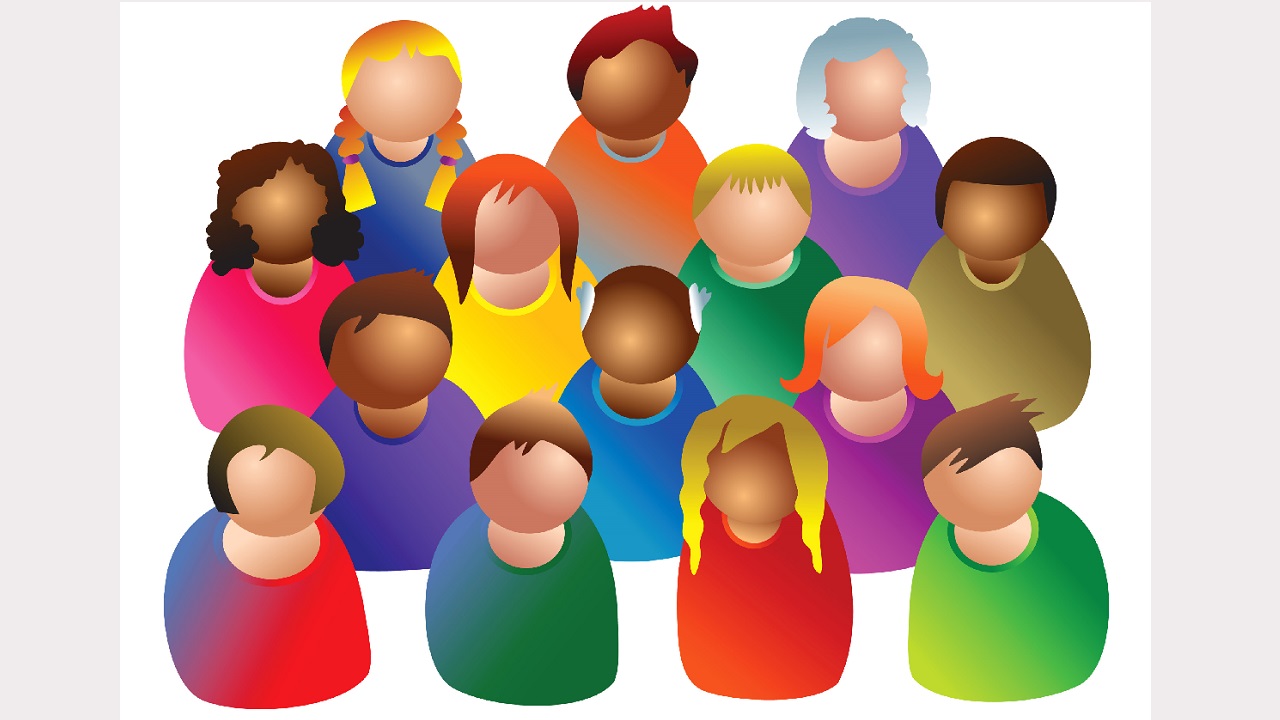CALD communities engaged in end-of-life discussions
CALD communities engaged in end-of-life discussions
by Heather Wiseman
Monday, November 02, 2015
Nearly 5000 people from 10 culturally and linguistically diverse (CALD) communities in Victoria have learned about palliative care in the first two years of a community education project that has scope to be replicated elsewhere.
Of the 4846 people who attended education sessions through the Culturally Responsive Palliative Care Community Education Project, more than 92% said they had learned something new, 94% said they would tell friends and family about palliative care and 96% thought palliative care was a good idea. About half of participants were older than 70 and 66% said they did not know about palliative care before the community education session.
The ongoing project is a partnership between Palliative Care Victoria (PCV) and the Ethnic Communities’ Council of Victoria. The Multicultural Centre for Women’s Health was also a partner in the project’s first year.
PCV projects manager Mike Kennedy said 150 two-hour community education sessions were delivered with the aim of overcoming taboos, fears and stigmas surrounding death, dying and bereavement and increasing understanding of palliative care.
“We knew doing one two-hour facilitated session was going to start a conversation in those families far more effectively than just giving them a handout and saying go away and get this sorted out,” said Mr Kennedy.
“Some people said this is something these communities don’t want to talk about, but this project shows that if you do it in the right way, palliative care is something people will engage with.
“In the same way that death is a process, not an event, talking about end of life is a process and not an event as well.”
In the first year of the project, bilingual health educators from five CALD communities were trained to deliver information sessions. This was extended in the second year to include staff from CALD community organisations.
“We learned if we offered training to the staff of CALD community organisations, who were interacting with planned activity groups and seniors all the time, they became advocates for palliative care,” said Mr Kennedy.
“They could continue to run the training situations and make referrals to palliative care services when it was most appropriate for their clients.”
Key to the project’s success were community reference groups, established to represent each CALD community, which helped to tailor the project resources and build awareness and participation in communities that were potentially difficult to reach.
“We will also be looking to support the 10 CALD communities further this year by fostering relationship building between palliative care services and communities in their catchment areas, so they are talking at a local level not necessarily through us.
The project also ran 26 four-hour training sessions in cultural responsiveness for palliative care services staff and volunteers.
“The logic is that if you talk to the community about what palliative care is and how to access it, and then you also talk to palliative care services about how to deliver culturally responsive care, then the two of those things come together and you get a better outcome.”
Mr Kennedy said an add-on project was aiming to deliver education to smaller CALD communities.
Bilingual leaflets about what palliative care is and how to access it are available in Arabic, Mandarin, Cantonese, Croatian, Greek, Italian, Macedonian, Maltese, Polish, Turkish and Vietnamese.
